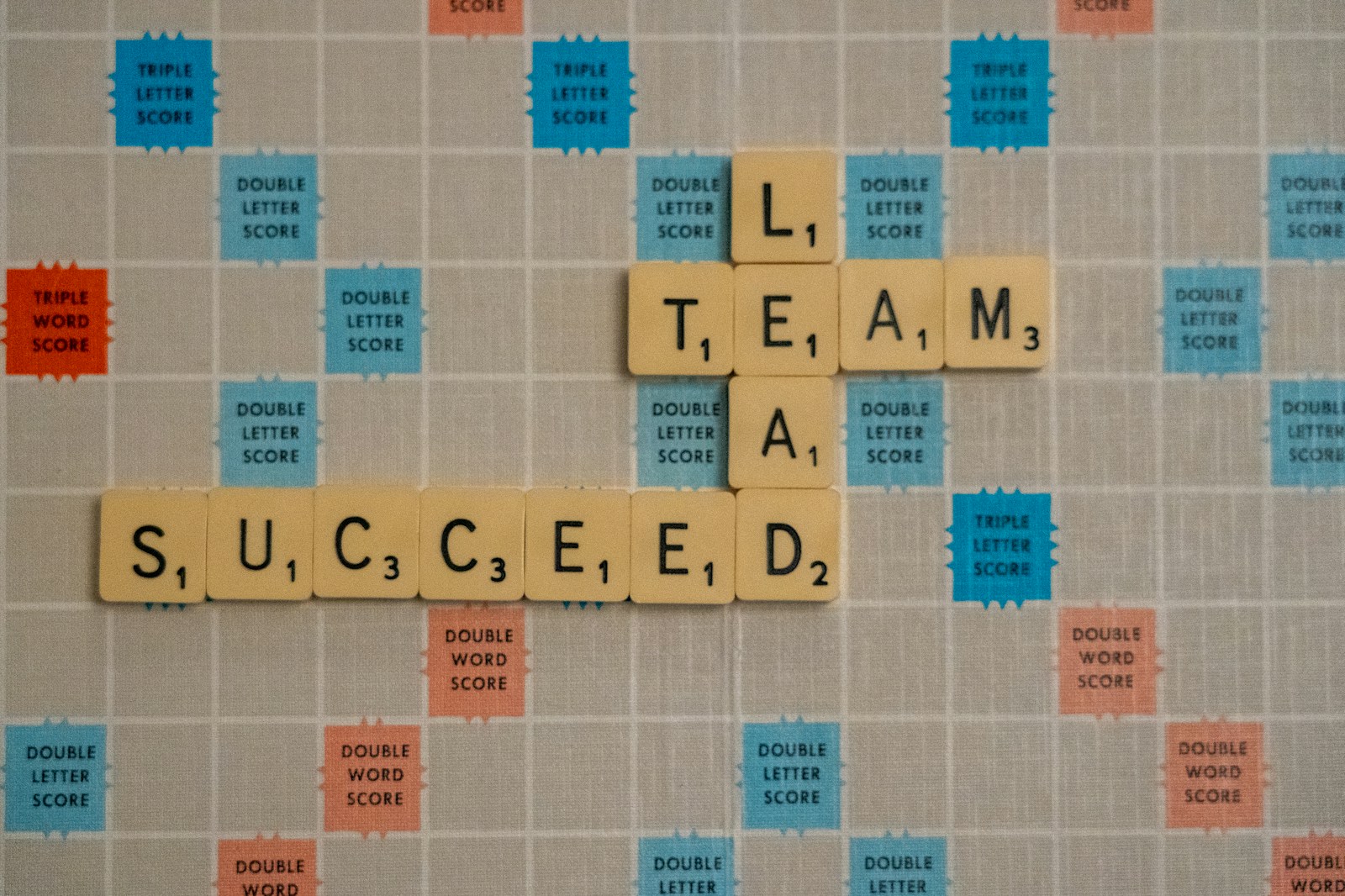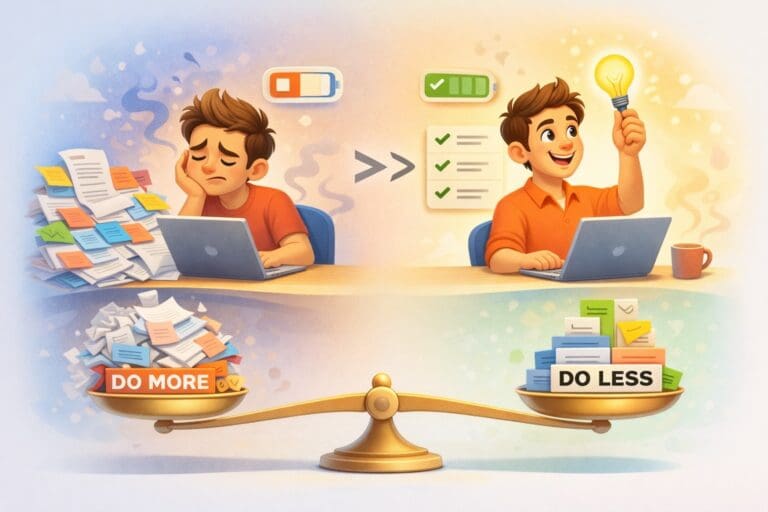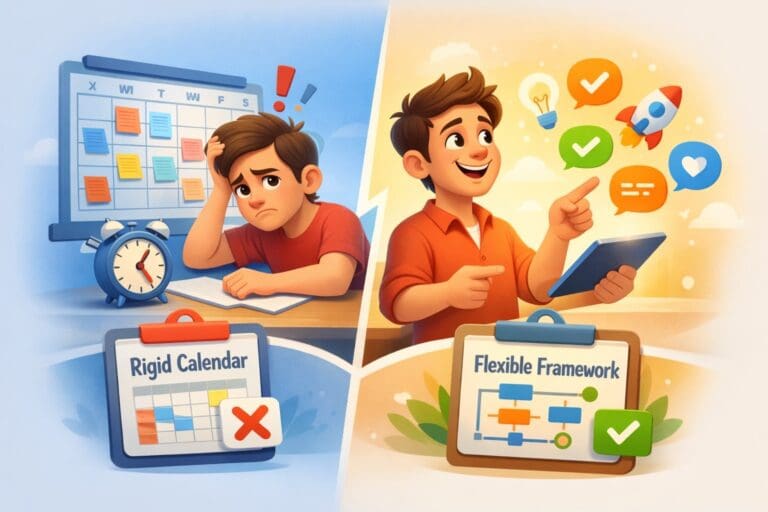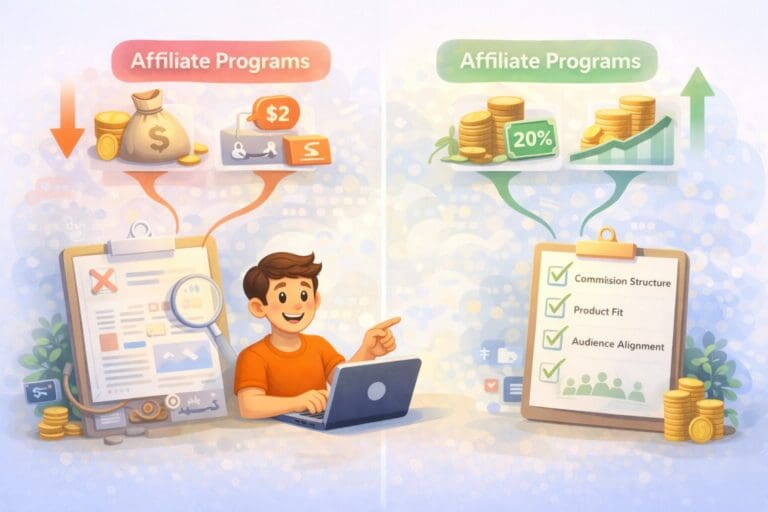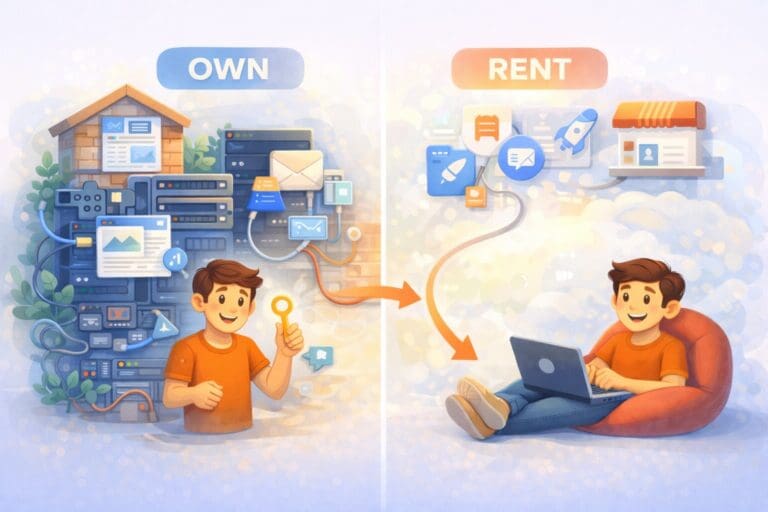A fresh perspective on the leadership abilities that drive real success in modern organizations
Leadership has evolved dramatically over the past decade. While traditional management skills like decision-making and delegation remain valuable, they’re no longer enough to create thriving organizations.
Today’s most effective leaders possess abilities that might surprise you – skills that often go unrecognized in conventional leadership training.
Through years of observing successful leaders across various organizations, it’s become clear that technical expertise and strategic thinking, while important, aren’t the primary drivers of leadership success.
Instead, it’s the less obvious capabilities that consistently set exceptional leaders apart from their peers.
This shift reflects a fundamental change in how modern organizations operate. Hierarchical structures have given way to collaborative networks. Command-and-control management has been replaced by influence and inspiration.
The skills that truly matter now are those that enable leaders to navigate complexity, build trust, and foster innovation in ways that traditional leadership approaches simply can’t match.
Understanding modern leadership
Many organizations still evaluate leadership potential based on traditional metrics like technical skills, past performance, and industry expertise. This approach, while logical, misses crucial elements of effective modern leadership.
The pace of change in today’s business environment demands leaders who can do more than execute strategies and manage teams. They need to inspire innovation, foster psychological safety, and build resilient organizations.
Traditional leadership skills focus heavily on control and direction. Modern leadership requires a different mindset – one that emphasizes empowerment, adaptability, and emotional intelligence.
Consider how work itself has transformed. Remote and hybrid teams are now common. Generational differences in work expectations have never been more pronounced. Cultural diversity is increasingly important for business success.
These changes require leaders to develop capabilities that might have seemed “soft” or unnecessary in the past. Yet these are precisely the skills that determine whether a leader can successfully guide their organization through uncertainty and change.
The most successful modern leaders understand that their role isn’t to have all the answers. Instead, they excel at creating environments where others can contribute their best work and where innovation can flourish naturally.
Core leadership skills
Emotional intelligence stands at the forefront of modern leadership requirements. It’s not just about managing your own emotions – it’s about understanding and responding to the emotional needs of your team. Leaders who master this skill create stronger connections and build more resilient teams.
Active listening has become increasingly critical. The best leaders spend more time listening than speaking. They ask thoughtful questions, seek to understand different perspectives, and make people feel genuinely heard.
Adaptability separates good leaders from great ones. The ability to adjust strategies quickly, embrace new ideas, and help others navigate change has become non-negotiable in today’s fast-moving business environment.
Transparency builds trust. Modern leaders understand that being open about challenges, sharing information freely, and admitting mistakes creates an environment where innovation can thrive. This openness encourages others to take calculated risks and share their ideas openly.
The power to influence without authority has become essential. Effective leaders don’t rely on their position or title to drive change. They inspire action through clear communication, authentic relationships, and a compelling vision for the future.
These core skills work together. A leader might excel at emotional intelligence but struggle to influence without authority. The most effective leaders develop these abilities in tandem, creating a comprehensive leadership approach that works across different situations and challenges.
How to develop advanced leadership capabilities
Decision-making abilities remain important, but today’s leaders need additional advanced skills to drive long-term success. These capabilities often take time to develop but provide significant advantages in modern organizations.
The art of constructive feedback sets exceptional leaders apart. They know how to deliver feedback that motivates rather than discourages. More importantly, they actively seek feedback about their own performance and use it to grow.
Long-term thinking becomes increasingly vital as business cycles accelerate. Strong leaders resist the pressure for quick wins at the expense of sustainable success. They build strategies that consider future implications while meeting current needs.
Cultural competency enables leaders to navigate diverse teams effectively. This goes beyond basic diversity awareness – it involves actively seeking different perspectives and creating truly inclusive environments where all team members can contribute their best work.
Conflict resolution skills help leaders turn disagreements into opportunities. Rather than avoiding difficult conversations, effective leaders facilitate productive discussions that lead to better solutions and stronger team relationships.
Servant leadership might seem counterintuitive, but it’s proven remarkably effective. Leaders who focus on supporting their teams, removing obstacles, and developing others often achieve better results than those who emphasize their own authority.
These advanced capabilities build upon core leadership skills. While they’re more challenging to master, they provide the framework for sustained leadership success in modern organizations.
Making real progress with modern leadership skills
Developing these essential leadership skills isn’t a quick process, but you can take specific steps to improve each day. Start by focusing on one or two areas where you can make the most immediate impact.
Begin with self-assessment. Identify which modern leadership skills you already possess and which need development. Ask trusted colleagues for honest feedback about your leadership style and its effectiveness.
Practice emotional intelligence daily. Notice how your actions affect others. Take time to understand different perspectives before making decisions. Small improvements in this area often lead to significant positive changes in team dynamics.
Create opportunities for active learning. Seek out situations that challenge your current leadership abilities. Take on projects that require new skills. Work with diverse teams that expose you to different viewpoints and approaches.
Measure your progress through concrete outcomes. Look for improvements in team engagement, project success rates, and the quality of workplace relationships. These indicators often reflect leadership effectiveness more accurately than traditional metrics.
Set aside time for reflection and adjustment. Leadership development isn’t linear – you’ll face setbacks and challenges. Regular reflection helps you learn from these experiences and adjust your approach as needed.
Modern leadership requires continuous growth and adaptation. The skills that make you successful today might need refinement tomorrow. Stay curious, remain open to new approaches, and keep pushing yourself to improve.
Your leadership effectiveness directly impacts your team’s success and your organization’s future. By focusing on these essential modern leadership skills, you position yourself and your team for sustained success in today’s complex business environment.
